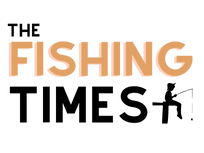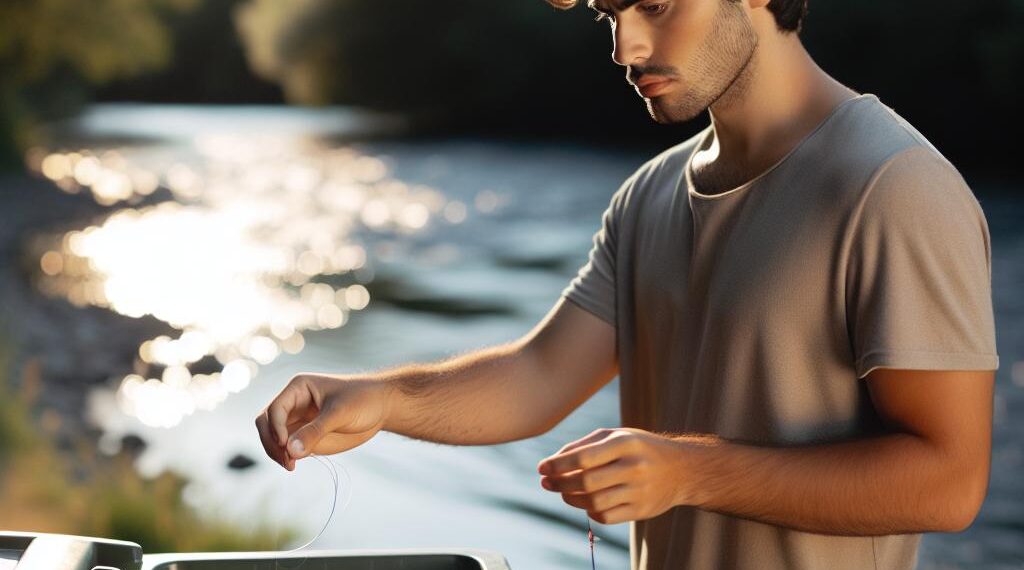Picture this: you’re out enjoying a perfect day of fishing—peaceful waters, the gentle lap of waves, and the thrill of a catch. But what happens when you’ve got old fishing line piling up? Many anglers don’t realise that improperly disposed fishing line can harm wildlife and ecosystems. Disposing of fishing line properly is crucial, not only for environmental protection but also for maintaining the beauty of our natural angling spots. In this blog, you’ll discover everything you need to know about responsibly discarding fishing line, a small step that’ll make you a more conscientious and skilled angler.
What’s the Best Way to Dispose of Fishing Line?
Properly disposing of fishing line involves collecting all used or cut pieces and recycling them through appropriate channels, such as designated bins or recycling programs. Originating from increasing awareness about environmental impact, this practice became essential as discarded line can harm wildlife and damage ecosystems. Understanding the importance of disposing of fishing line responsibly enhances the fishing experience by helping maintain cleaner waters and ensuring healthier habitats for fish and other aquatic life. It reflects a mindful and sustainable attitude towards nature, emphasizing respect for the environment. By doing this, anglers contribute to preserving fishing spots for future generations while enjoying a guilt-free adventure.Proper Fishing Line Disposal: Preserving Nature’s Balance
Properly disposing of fishing line is crucial for a well-rounded angling experience, impacting various aspects of the sport. It’s not just about keeping the waterways clean, but also about showing respect for the environment and fellow anglers. Here’s how:- Environmental Conservation: Disposing of fishing line correctly helps protect marine life from entanglement or ingestion, which can lead to injury or death. Embracing this practice contributes to healthier ecosystems, which means better fishing opportunities in the long run.
- Safety: Torn or discarded fishing line in the environment can be a hazard for boats, swimmers, and wildlife. Responsible disposal minimizes these risks, making fishing safer for everyone involved.
- Skill-Building: Knowing how to manage your fishing line, including proper disposal, is part of becoming a skilled angler. It encourages attention to detail and precision, qualities that translate into better fishing techniques.
- Community Respect: Adopting responsible disposal habits reflects positively on the angling community. It helps build a respectful reputation among other outdoor enthusiasts and local residents.
- Conservation Leadership: By understanding and practising proper disposal, anglers can set a positive example and educate others, fostering a culture of responsibility and stewardship in the fishing community.
Easy Steps to Properly Dispose of Fishing Line for Beginners
- Collect used fishing line: Gather all your used fishing line when you’re done fishing, and store it in a container. A zip-lock bag or an empty water bottle works great. This helps prevent the line from being left behind in nature, reducing the risk to wildlife.
- Find a recycling point: Take your collected line to a local recycling bin specifically for fishing lines. Many tackle shops and marinas have them. If you’re unsure where to find one, check online for the nearest location.
- Avoid tossing in the regular bin: Rubbish bins are not for fishing line! Throwing it in with household rubbish means it won’t be recycled and could end up in the environment, causing harm. Always ensure it’s going to a proper recycling spot.
- Spread the word: Educate your fishing friends on the importance of disposing of fishing line properly. Encourage them to be responsible and do the same. A small chat can spark big changes!
Efficient Fishing Line Disposal Tools and Locations
| Tool | Features | Skill Level | Price Range |
|---|---|---|---|
| Line Cutter | Compact, easy grip, sharp blade | Beginner | £5-£10 |
| Spooler Station | Sturdy base, adjustable tension | Intermediate | £30-£60 |
| Winding Tool | Portable, ergonomic handle | All Levels | £10-£20 |
| Disposal Bin | Weather-resistant, easy disposal | Beginner | £15-£25 |
| Braided Line Scissors | Precision cutting, durable | Advanced | £10-£15 |
Lessons Learned: Disposing Fishing Line Responsibly
It was a breezy Saturday morning when I joined my local angling community for a cleanup initiative by the serene riverside. Among us was Ben, an avid fisherman with years of experience. As we combed through the underbrush, Ben shared an experience that changed his perspective on environmental responsibility. He had once found a small bird ensnared in discarded fishing line, struggling helplessly. That encounter drove him to understand the importance of proper fishing line disposal. “It’s shocking how something so small can cause such harm,” he said. He explained how he’d since adopted the practice of cutting used lines into small pieces and recycling them whenever possible. Moreover, Ben has been spreading awareness among the community, encouraging fellow anglers to take similar actions. What I learned that day was invaluable; it’s not just about enjoying the catch, but about protecting the environment that provides us with such experiences. Through this, we can ensure that future generations will get to enjoy those same beautiful mornings by the river. By properly disposing of fishing line, we’re actively preserving nature’s delicate balance.Conservation Connection: Responsible Fishing Line Disposal
- Fishing line that’s improperly disposed of can significantly harm both marine and freshwater life. Tangled line may trap fish, birds, and other wildlife, causing injury or death.
- Discarded fishing line can take several hundred years to decompose. It contributes to the growing problem of water pollution, which negatively impacts ecosystems.
- Always carry a small, dedicated container in your tackle box for used line to avoid accidentally leaving it behind.
- Find local fishing shops or recycling programs that accept used fishing line for recycling and ensure it doesn’t end up in landfills or water bodies.
- Consider opting for biodegradable fishing line options available on the market. They break down naturally and minimize the environmental footprint.
- Using proper disposal methods and recycling efforts helps preserve the natural beauty of fishing spots for future generations and maintains a healthy environment.
- Educate fellow anglers by spreading awareness about the importance of sustainable fishing practices to protect wildlife and their habitats.






